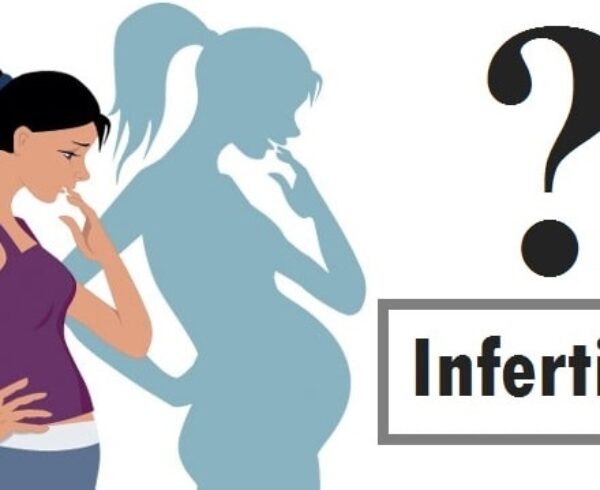A startling statistic has emerged from a recent study: 40 million women worldwide experience long-term health issues due to childbirth, often stemming from inadequate pre and postnatal care. Published in The Lancet Global Health, the study reveals a concerningly high burden of chronic conditions affecting women months and years after giving birth.
These conditions include:
- Painful sexual intercourse (dyspareunia): 35% of women
- Lower back pain: 32%
- Anal incontinence: 19%
- Urinary incontinence: 8-31%
- Anxiety: 9-24%
- Depression: 11-17%
- Perineal pain: 11%
- Fear of childbirth (tokophobia): 6-15%
- Secondary infertility: 11%
These conditions significantly impact women’s daily lives, causing physical pain and emotional distress. Yet, they often go unnoticed or dismissed. The study emphasizes the crucial importance of recognizing and addressing these issues to ensure women’s health and well-being after childbirth.
The study highlights the critical need for improved healthcare during pregnancy and childbirth, especially in resource-limited settings where maternal mortality rates are high. This is where Dr. Swatantra Jain’s Pre and Postnatal care Health Planning Services come into focus. Great Chyren Welfare Council proposes a twelve-month trial implementation of Dr. Jain’s program in select areas.
This program aims to provide free medical care and support to women in selected areas.
If the pilot proves successful, it could be scaled up to reach a wider population, potentially leading to:
- Improved maternal health outcomes
- Increased work capacity and productivity among women
- Overall greater family happiness and well-being
By prioritizing pre and postnatal care, we can ensure a healthier future for mothers and their families. This study serves as a powerful call to action for governments, healthcare providers, and communities alike to invest in comprehensive and accessible maternal healthcare services.
Key benefits of the proposed trial:
- Improved maternal health and well-being: Dr. Jain’s model aims to provide comprehensive pre and postnatal care, potentially reducing the prevalence of long-term health problems in women.
- Increased work capacity and family happiness: By addressing health concerns, the program could improve women’s ability to work and contribute to their families, leading to greater happiness and well-being.
- Evidence-based decision making: A successful trial would provide concrete data on the program’s effectiveness, allowing for informed decisions about wider implementation.
Conclusion:
Millions of women worldwide suffer silently with long-term health problems after childbirth. Implementing Dr. Jain’s model in a controlled setting could offer a glimmer of hope for improving maternal health and well-being. This trial holds the potential to provide a blueprint for a healthier future for women and their families.
Note: This article emphasizes the problem’s gravity, highlights the proposed solution’s potential benefits, and concludes with a strong call to action.









Leave a Comment